Lifters are always looking for an edge that can help them push their limits.
So it's not uncommon, as a strength coach, for me to hear things like:
Can you wear knee wraps on your elbows for bench press?
Here's my quick response:
Knee wraps cannot be worn on the elbows because they are designed for a much larger joint. Knee wraps would be too restrictive for the elbow, which would negatively impact your ability to bench press with proper technique.
Below, I'll dive deeper into the reasons why knee wraps aren't suitable for elbows and the potential risks of using them.
I’ll also recommend the gear that is designed better for elbow support, which WILL give you a performance advantage.
Key Takeaways
Are Knee & Elbow Wraps The Same Thing?

Knee wraps and elbow wraps are not the same things; despite having similar functions for their respective joints, they cannot be used interchangeably.
Knee wraps, often used by powerlifters during squats, are constructed to offer substantial support and stability to your knees.
They're made to withstand significant forces, helping you maintain form and reduce the risk of knee injuries. The stiffness of knee wraps also allows for a rebound effect at the bottom of a squat, helping athletes to lift heavier weights.
On the other hand, the elbow joint is a smaller joint that is more complex than the knee. It requires a different type of support, one that provides adequate compression without impeding your range of motion.
For this reason, there are wraps designed specifically for the elbows which are less restrictive than knee wraps.
However, some lifters find that even elbow wraps are too restrictive, which is why many lifters have turned to elbow sleeves to offer support.
Elbow sleeves are designed to snugly fit around your elbows, providing the necessary compression to enhance blood flow, reduce inflammation, and support the joint during strenuous movements like the bench press.
They also help keep your elbows warm, which can reduce the risk of strains or sprains.
For the best results, stick with equipment specifically designed for the task at hand: for bench pressing, that's a reliable pair of elbow wraps or sleeves.
6 Reasons Why You Should NOT Use Knee Wraps on Elbows

If you’re still tempted to test out your knee wraps on your elbows, let me explain why this would be a mistake:
1. Different Shapes and Sizes
Knee wraps are designed for the relatively large structure of the knee joint. Elbows, on the other hand, are smaller and more complex. Wrapping knee wraps around such a small joint could result in uneven pressure distribution, potentially leading to discomfort or even injury.
2. Reduced Range of Motion
Knee wraps are stiffer than elbow sleeves, so when used on the elbow they can significantly limit your range of motion, impeding your ability to perform exercises like the bench press correctly.
This not only reduces the effectiveness of your workout but also increases the risk of injury by altering your movement pattern.
3. Incorrect Support
The stiff support that knee wraps offer is beneficial for exercises like squats which are performed under heavier loads, but can be detrimental when used on the elbow joint during bench pressing.
The knee wraps' excessive stiffness can put unnatural stress on the elbow joint, potentially leading to injury over time.
4. Poor Blood Circulation
The tightness of knee wraps, when used on the elbow, can compromise blood circulation. Good circulation is vital for muscle performance and recovery.
In contrast, elbow sleeves provide firm yet comfortable compression, promoting better blood flow while still offering support.
5. Uncomfortable and Distracting
Using knee wraps on elbows can be downright uncomfortable because they will be bulky and may shift and require readjusting, taking your focus away from your workout. Elbow sleeves provide a more secure and comfortable fit, allowing you to concentrate on your lifts.
6. Not Designed for the Task
Simply put, knee wraps are not designed to be used on elbows. Just as you wouldn't use a hammer to screw in a nail, you shouldn't use knee wraps for bench pressing. Using the right tool, or in this case, the right gear ensures optimal performance and safety.
All in all, knee wraps and elbow sleeves should not be used interchangeably.
What You Should Wear On Your Elbows Instead of Knee Wraps
If knee wraps are off the table, what should lifters use to protect their elbows during bench pressing? Two options:
1. Elbow Sleeves

Neoprene elbow sleeves are an excellent choice for anyone looking to add support and stability to their joints while bench pressing. Made from a durable, flexible material called neoprene, these sleeves provide just the right amount of compression and warmth to keep your elbows healthy.
Neoprene elbow sleeves enhance blood flow, reduce inflammation, and provide the support needed during heavy lifts.
This extra blood flow aids in faster recovery and reduces the risk of injury. Beyond that, they keep your joints warm, which can help prevent strains or sprains and alleviate minor aches and pains.
As for use cases, they are perfect for exercises that require a full range of motion, like bench presses or overhead presses. Their flexibility allows for unrestricted movement so that you can maintain proper form and allow the joint to function as intended.
Putting them on is as simple as sliding the sleeve up your arm until it fits snugly over your elbow, but be sure to check the sizing chart before purchasing to ensure a perfect fit.
I highly recommend the Gymreaper's Neoprene Elbow Sleeves which have been designed with powerlifters in mind, offering robust support, durability, warmth, and comfort.
2. Elastic Elbow Wraps With Hook & Loop Closure

If you do want something that offers tighter compression, like a knee wrap, there are elbow wraps designed specifically for benching and pressing movements.
Elbow wraps are much shorter than knee wraps, so you don’t have excess material to deal with. It will also provide a more appropriate level of compression for the elbow joint.
Elbow wraps are secured with a hook and loop closure so you can secure it tightly, unlike a knee wrap which is just the band itself.
Unlike elbow sleeves, elbow wraps are not made to be worn for longer periods and are not designed to keep your elbows warm. They are designed to be put on right before your set, and taken off immediately after your set is over.
If you’re looking to bench press as much as possible, then Gymreaper’s Elbow Wraps are an excellent choice because of their added compression and the rebound effect they offer off the chest.
Are Elbow Wraps or Supports Necessary While Lifting?

Elbow wraps and supports are not required but they can be beneficial for those who are pressing more frequently. If your goal is to lift as easy as possible then an elbow wrap will be best, but if you’re simply trying to keep your joint healthy then go for elbow sleeves instead.
It’s also worth noting that in most powerlifting federations, elbow sleeves and wraps are not permitted during the bench press, so if you plan to compete you certainly want to get a feel for benching without these supports so that you aren’t reliant on them on meet day.
Ultimately, whether you use elbow equipment or not will depend on your lifting style, the intensity of your workouts, and any pre-existing injuries or conditions.
If you’re lifting casually, only pressing 1-2 times per week, and have no pre-existing injuries, then you may decide that you don’t need any additional elbow support. However, before making this decision you should consider the potential benefits of these supports.
That said, for everyday training, there are a few benefits to consider for wearing elbow supports while you lift.
Benefits Of Elbow Supports

The benefits of supportive equipment for the elbows are:
Preventing Injuries
Elbow supports can help prevent injuries by providing stability and support to the joint, reducing the risk of sprains, strains, or tendonitis. They're particularly helpful for lifters who have previously suffered elbow injuries or those who experience elbow pain during or after workouts.
Enhancing Performance
Elbow supports can also enhance performance because they provide compression, which increases blood flow to the area, helping to warm up the joint and the surrounding muscles. This enhanced blood flow can improve muscle efficiency, allowing you to lift more weight and perform more reps.
Speeding Up Recovery
Elbow supports can aid in recovery after intense workouts. The compression they provide helps reduce inflammation and swelling, speeding up the recovery process.
However, it should be noted that this is only if you continue to wear them after your workout is over.
Boosting Confidence
Knowing that your elbows are adequately protected can give you the confidence to push yourself harder and lift heavier weights. The mental aspect of lifting is often overlooked, but it plays a significant role in your overall performance.
That said, elbow supports are not a cure-all. They should be used in conjunction with proper lifting techniques and a well-rounded strength and conditioning program. And, if you're experiencing persistent elbow pain, it's recommended to seek advice from a medical professional.








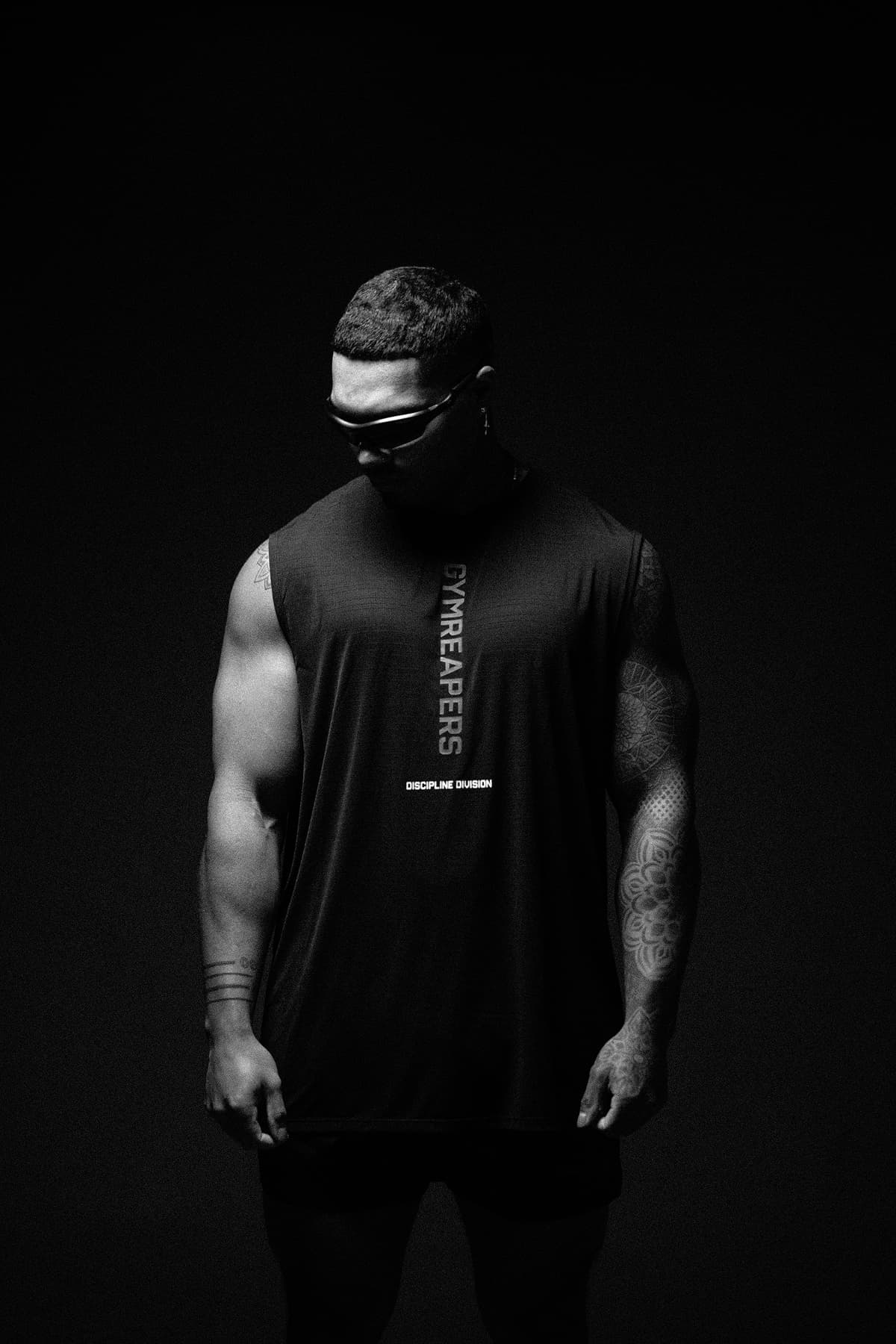
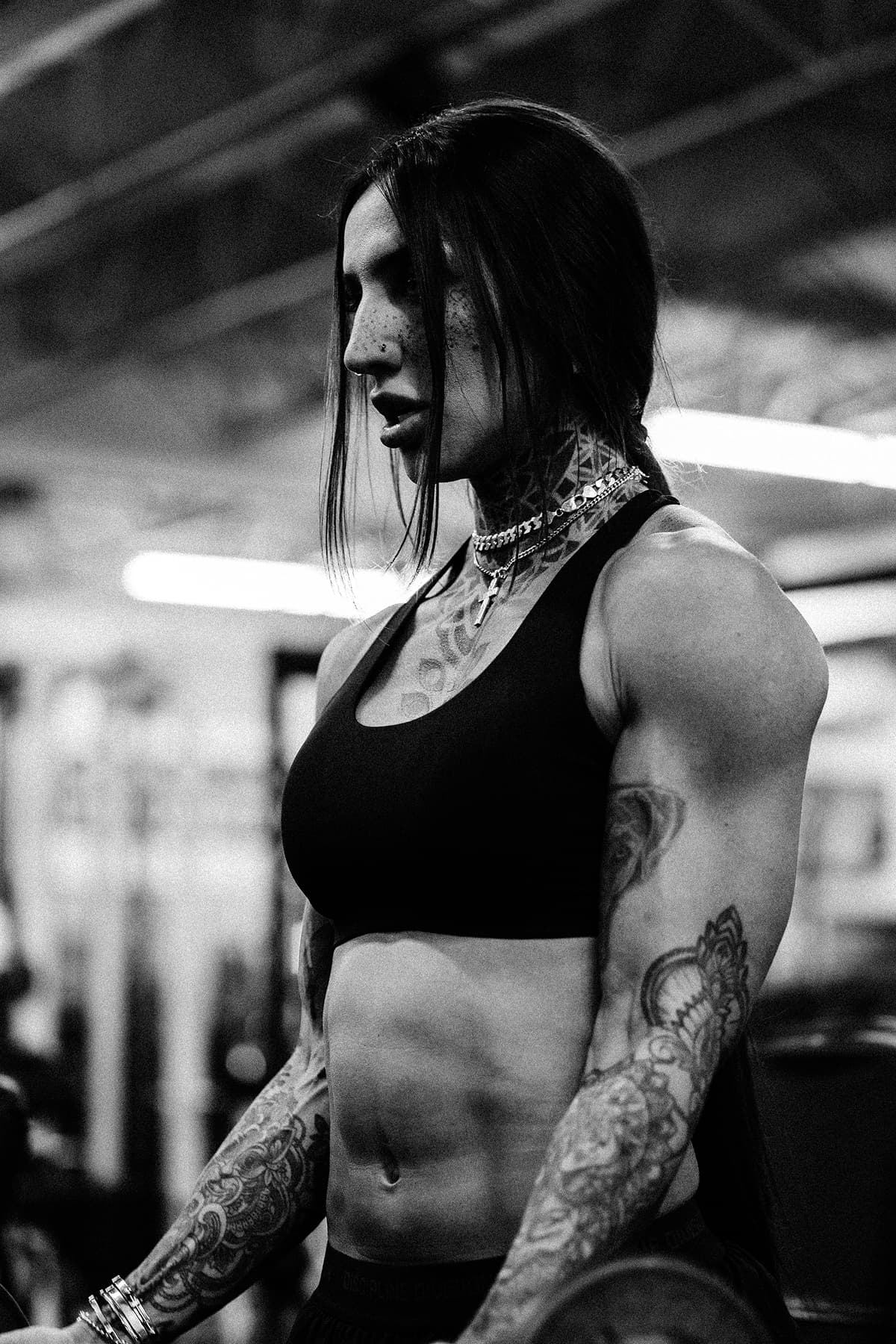
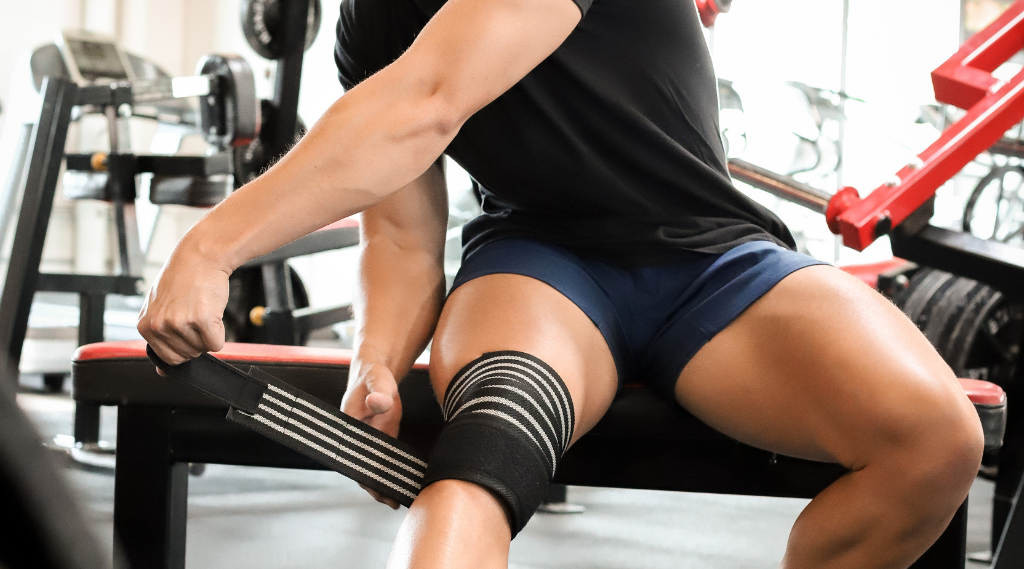
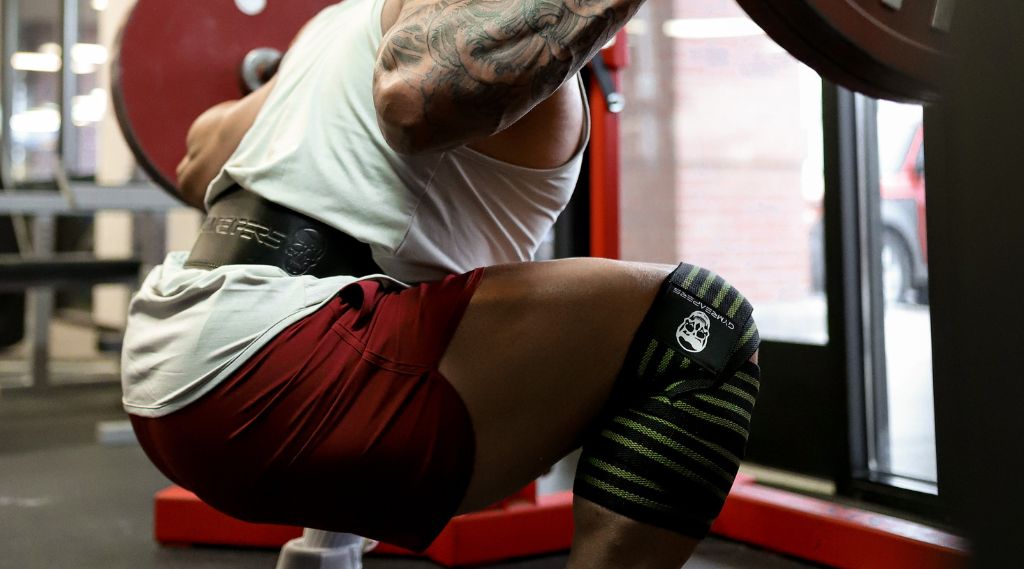
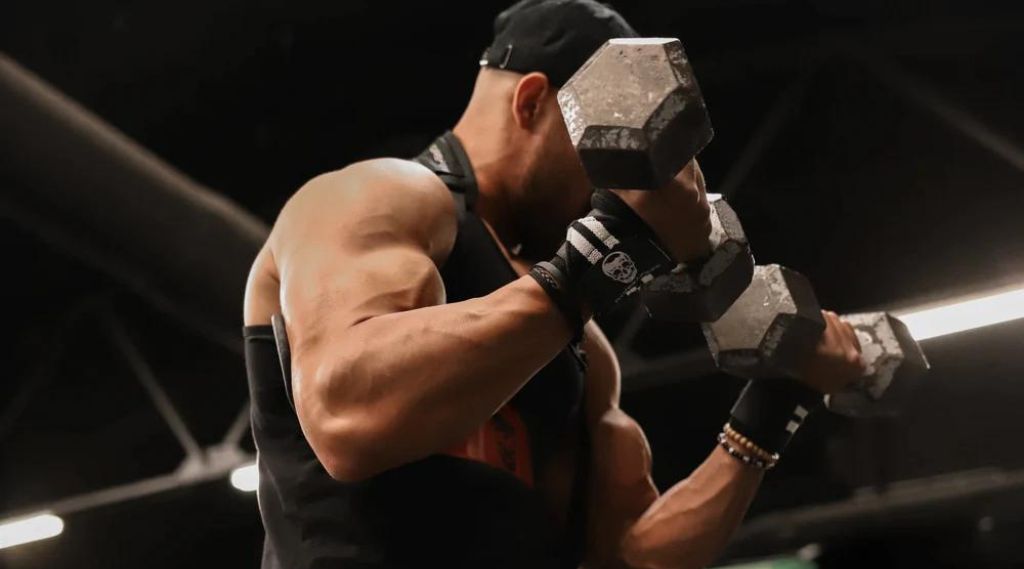
Leave a comment
All comments are moderated before being published.
This site is protected by hCaptcha and the hCaptcha Privacy Policy and Terms of Service apply.